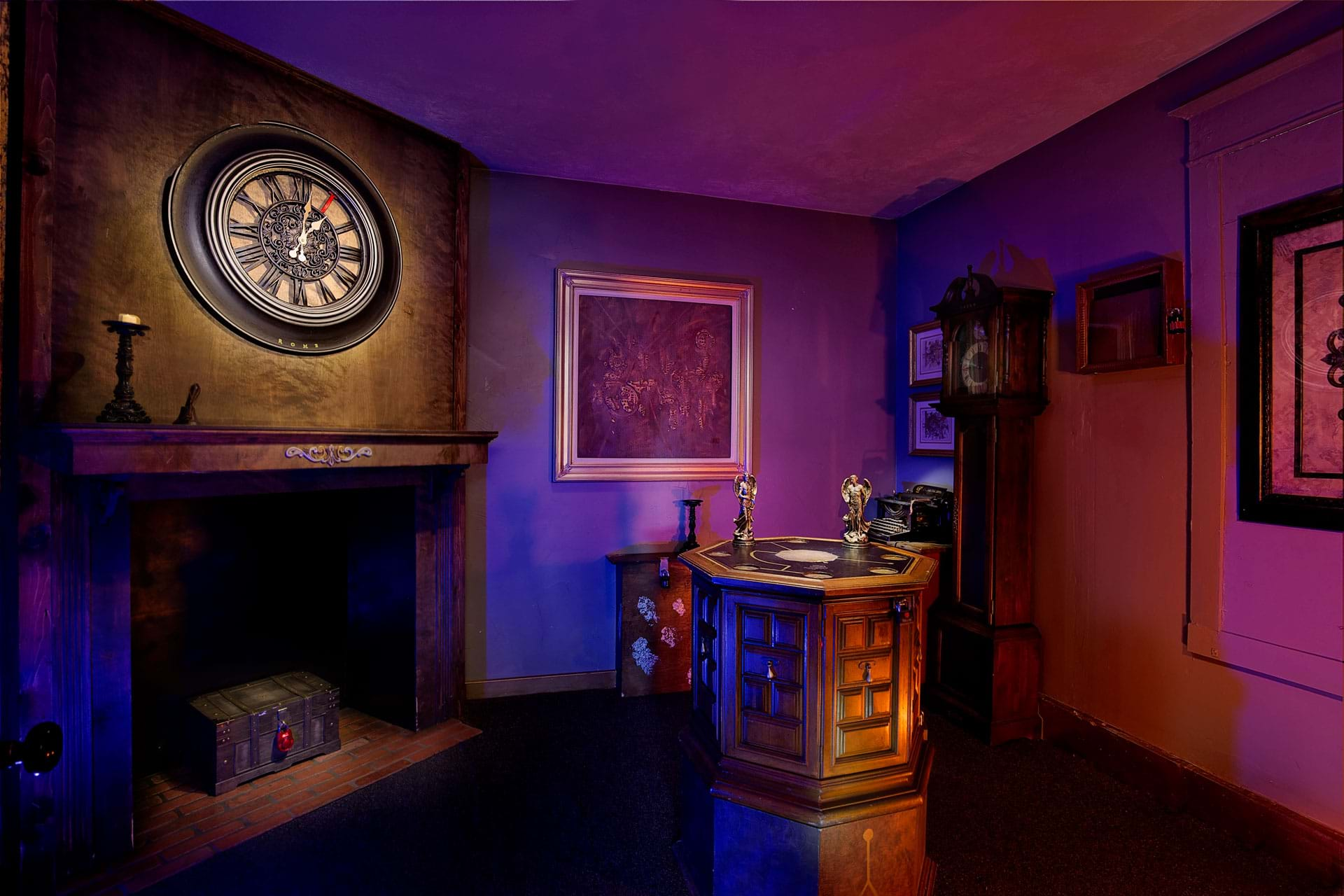Group Techniques: Just How to Collaborate Effectively in an Escape Space
Navigating the complexities of an escape space requires greater than mere enthusiasm; it calls for a well-coordinated strategy grounded in clear communication, tactical role tasks, and proficient time administration. Groups should actively listen per participant's understandings, appoint duties that align with specific strengths, and maintain regular check-ins to make certain emphasis and avoid redundancy. By fostering a setting that values cohesion and adaptability, groups can considerably enhance their performance and success rates. The subtleties of these techniques can change the experience, yet just how precisely can they be implemented to make best use of the potential for success?
Establish Clear Communication

To facilitate clear communication, it is crucial to designate a central factor of contact for info circulation. Short, concentrated updates from each group participant can keep the team notified without overwhelming them with info.

Appoint Roles Tactically
While clear interaction sets the structure for efficient team effort, designating roles strategically guarantees that each employee's toughness are made use of properly. In a getaway room scenario, the time-sensitive and complicated nature of challenges requires an efficient method to job delegation. By determining and leveraging private competencies, groups can maximize their problem-solving capabilities and improve overall efficiency.
First, examine the distinct abilities and characteristics of each individual. For instance, somebody with an eager eye for information may succeed in discovering surprise objects, while a sensible thinker could be much better fit to fixing puzzles - best escape room. It's similarly important to have a leader who can supervise development, take care of the timeline, and make crucial calls when necessary. This duty usually calls for strong organizational and social abilities.
2nd, ensure that functions are adaptable and versatile. As brand-new obstacles arise, the group has to be able to pivot, reallocating jobs as called for. This adaptability helps maintain momentum and prevents bottlenecks that could occur due to stiff duty tasks.
Inevitably, a strategic approach to role assignment not just makes best use of the strengths of each staff member yet additionally promotes a cohesive environment, driving the team in the direction of an effective retreat.
Utilize Diverse Abilities
Recognizing and harnessing the varied skills within your group can dramatically elevate your efficiency in a getaway room. Each group member brings one-of-a-kind staminas to the table, and efficiently leveraging these capacities can accelerate analytic and improve overall performance. For example, a group member with solid analytical abilities might stand out at deciphering intricate codes or patterns, while one more with eager observational abilities might rapidly detect concealed clues that others could neglect.
Encourage group participants to articulate their understandings and concepts without delay, ensuring that all potential services are thought about. Furthermore, appointing jobs that straighten with each participant's toughness can protect against traffic jams and ensure that progress is continual.
In addition, variety in abilities usually translates to variety in thinking styles, which is invaluable in a getaway space setting. While some obstacles might require rational thinking and accuracy, others may benefit from imaginative and association of ideas. By recognizing and leveraging this variety, groups can attend to a wider variety of challenges much more efficiently, thus increasing their opportunities of an effective getaway.
Manage Time Effectively

Determine visible challenges and separate tasks based on team members' strengths, ensuring that no one is still. This method can help maintain the group focused and stop time from sliding away unnoticed.
Additionally, stay clear of one-track mind. If a challenge is taking too long, revolve team members or go on to another obstacle, returning later on with fresh perspectives. Interaction is extremely important-- keep everyone upgraded on resolved puzzles and continuing to be tasks to check out here stay clear of redundant initiatives.
Finally, utilize any kind of hints or ideas moderately but purposefully important site - best escape room. Recognizing when to request help can conserve important time. By sticking to these time administration concepts, teams can considerably boost their possibilities of a successful and pleasurable retreat room experience
Debrief and Mirror
Reflection is an essential element of group advancement and renovation in the context of escape spaces. When the challenge is completed, whether effectively or otherwise, it is important for the group to take part in an organized debriefing session. This procedure permits group members to assess their efficiency, identify strengths, and pinpoint areas for renovation.
Begin the debrief by discussing what worked out. Highlight specific instances of efficient interaction, problem-solving, and partnership. Acknowledging these favorable behaviors strengthens them and urges their rep in future challenges.
Talk about moments of confusion, miscommunication, or inefficient methods. Motivate an open and useful discussion where team members can share their perspectives without worry of criticism.
Conclusion
In final thought, successful collaboration in an escape room is predicated upon clear communication, calculated function projects, the effective internet usage of diverse abilities, and competent time management. Regular check-ins and organized debriefings are crucial for preserving focus and cultivating continuous improvement. By developing a cohesive and flexible group setting, the chance of efficiently solving puzzles and attaining the purpose of running away the space is substantially improved. This approach not only ensures success yet likewise promotes cumulative development and learning.